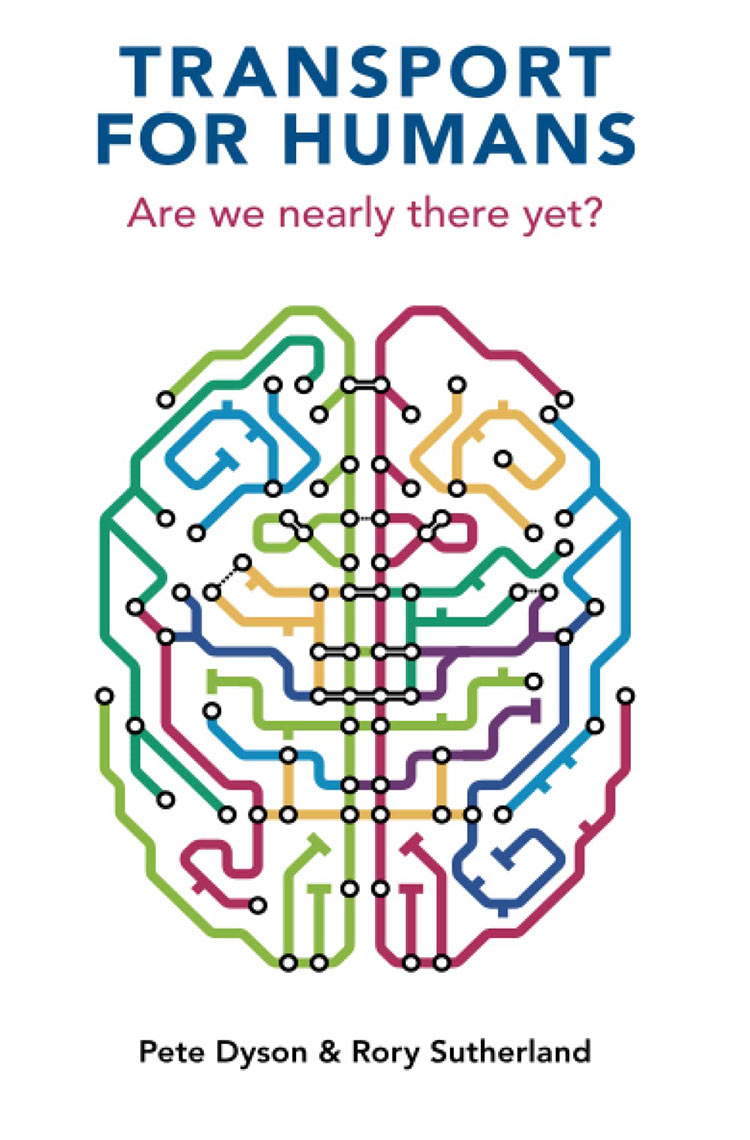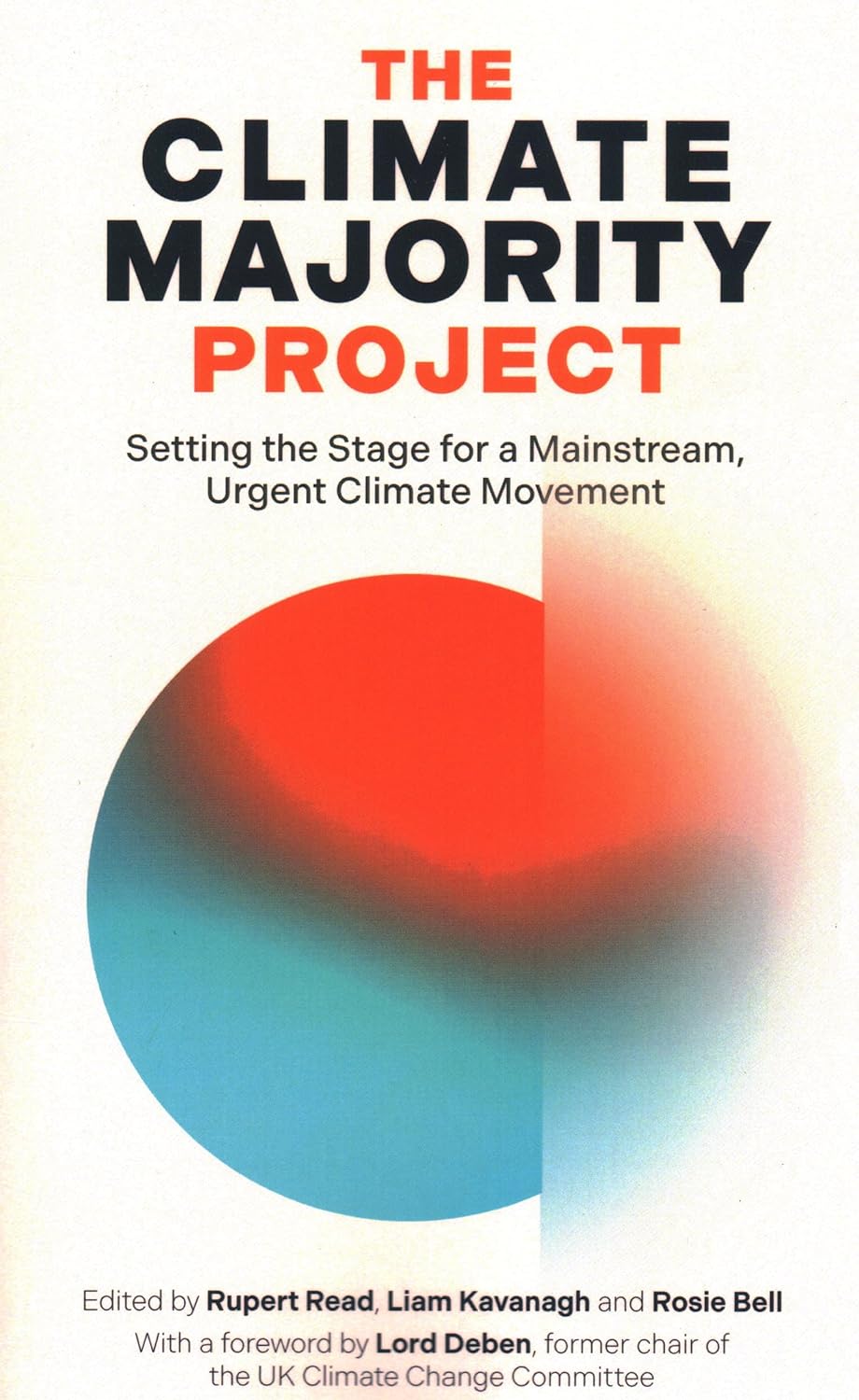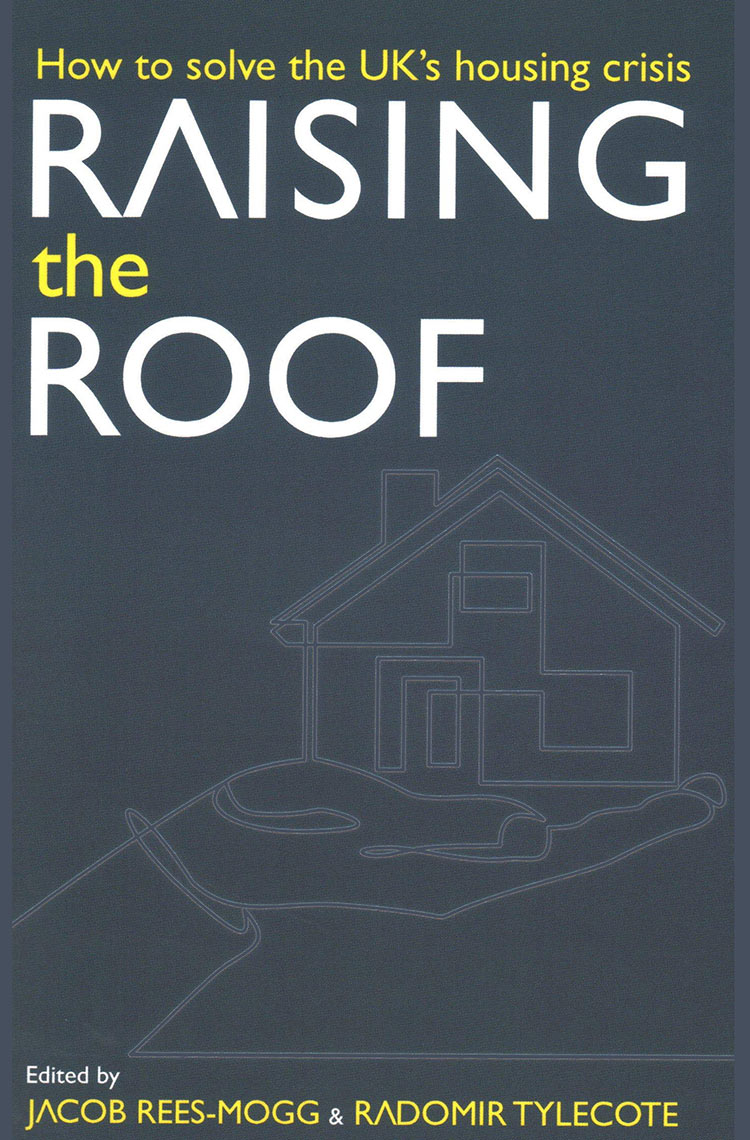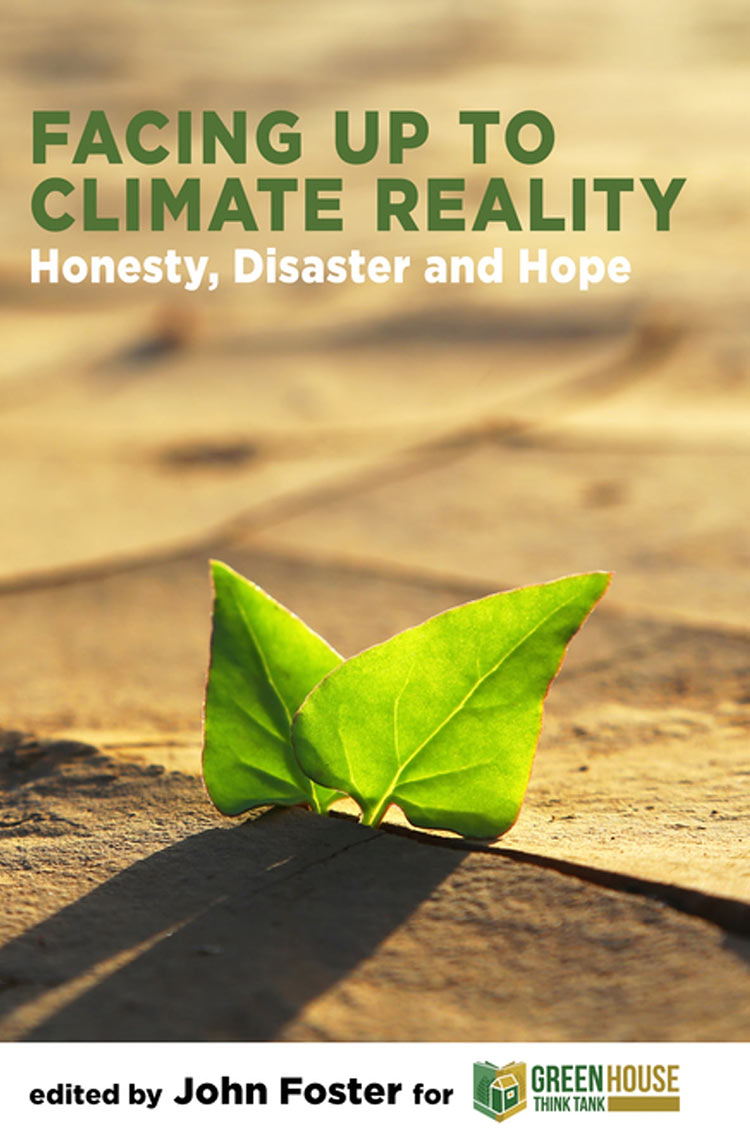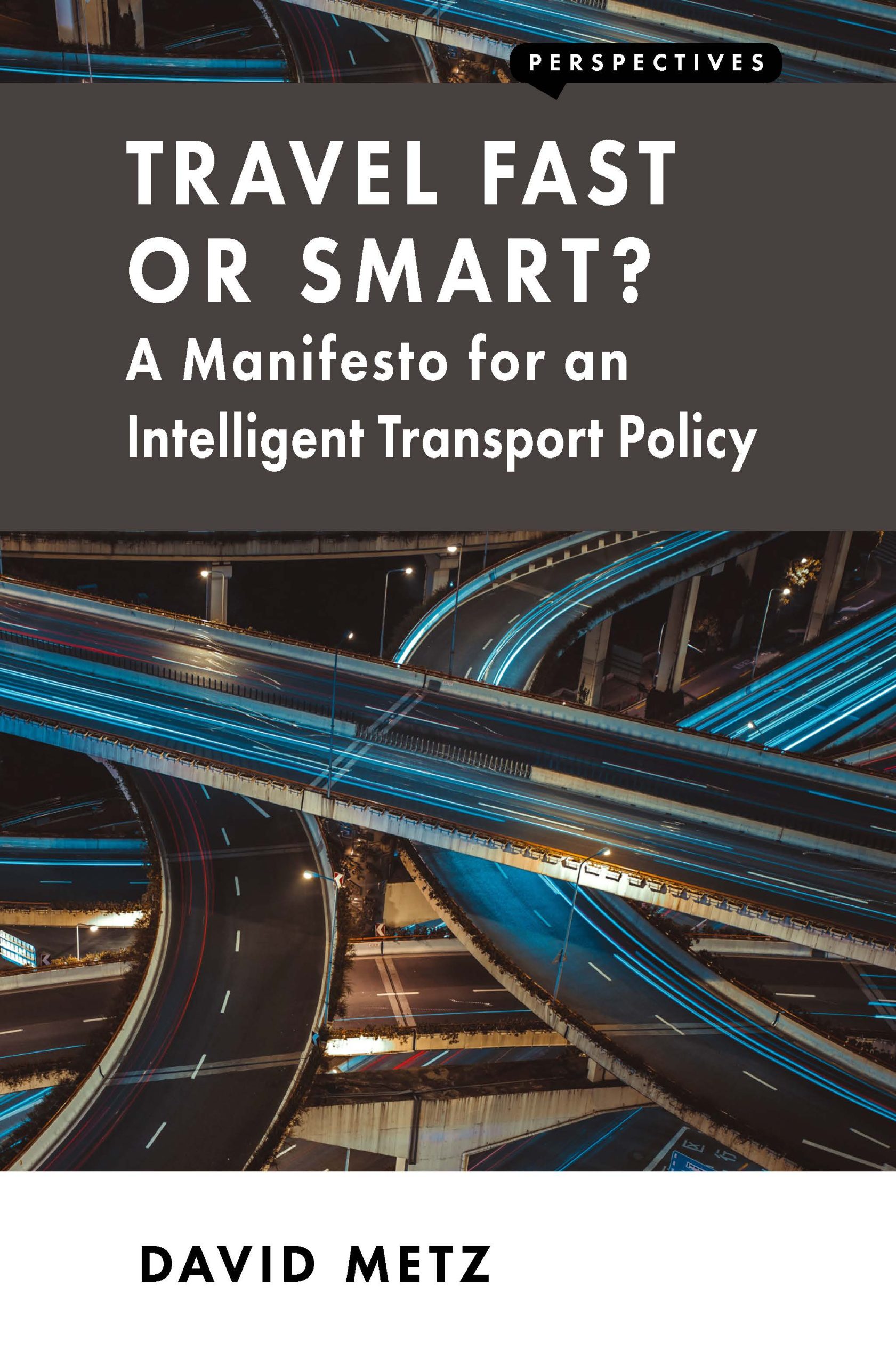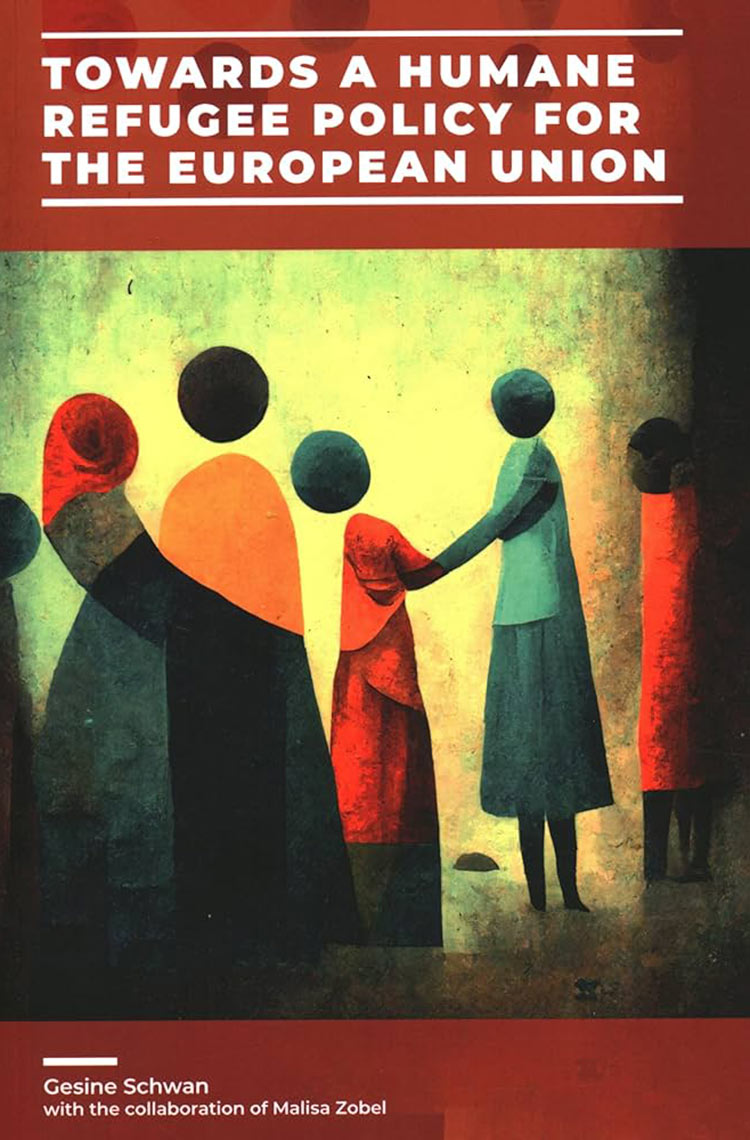This book appears in our Perspectives series, edited by Diane Coyle.
Engineers plan transport systems, people use them. But the ways in which an engineer measures success – speed, journey time, efficiency – are often not the way that passengers think about a good trip. We are not cargo. We choose how and when to travel, influenced not only by speed and time but by habit, status, comfort, variety – and many other factors that engineering equations don’t capture at all.
As we near the practical, physical limits of speed, capacity and punctuality, the greatest hope for a brighter future lies in adapting transport to more human wants and needs. Behavioural science has immense potential to improve the design of roads, railways, planes and pavements – as well as the ways in which we use them – but only when we embrace the messier reality of how people travel.
This is the moment. Climate change, the coronavirus pandemic and changing work–life priorities have shaken up long-held assumptions. There is a new way forward. This book maps out how to design transport for humans.
Praise for Transport for Humans: Are We Nearly There Yet?
“Impish yet wise, this book is packed with fresh ideas. Transport would be so much better if even half of them were embraced by planners, politicians and designers. Read, learn and laugh – I did.”
— Tim Harford, author of How To Make The World Add Up
“This book makes a plea for the application of behavioural science (aka common sense) to transport planning. It offers a way out of two traps: the belief that speed is the only purpose of travel and that everyone is motivated in the same way. It is bursting with ideas to make transport work for real people, and while some of the ideas might prove unsuccessful, all of them are worth trying.”
— Bridget Rosewell, Commissioner, National Infrastructure Commission
“A very welcome book that shows how the insights of behavioural science could allow for the range of human attributes to be encompassed by the transport system in the face of economists’ and engineers’ conventional utilitarian thinking.”
— David Metz, honorary professor in the Centre for Transport Studies at UCL and former Chief Scientist at the Department for Transport
“Lots of outcomes in transportation are easily measurable. But when it comes to the behavioural and wellbeing-related components, measurement – and even basic understanding – is not at all easy. This book offers an engaging, insightful and realistic view of the humans that are so often viewed as cattle within our transportation system.”
— Paul Dolan, professor of behavioural science, LSE, and author of Happiness by Design and Happy Ever After
Pete Dyson joined Ogilvy’s Behavioural Science Practice in 2013 and in 2020 he was seconded to the UK Department for Transport as Principal Behavioural Scientist, tasked with the COVID-19 response, sustainable behaviour change and internal capability building. This book has been written in a personal capacity. Pete is also a semi-professional Ironman triathlete and in 2021 broke the record for the fastest non-stop cycle from Lands End to London. Next time he’ll take the train.
Rory Sutherland is the vice chairman of Ogilvy UK and the co-founder of its Behavioural Science Practice. He is the author of Alchemy: The Surprising Power of Ideas that Don’t Make Sense, writes The Spectator’s Wiki Man column, presents several series for Radio 4, serves on the advisory board of the Evolution Institute and is former president of the Institute of Practitioners in Advertising. His TED talks have been viewed more than 7 million times.
A dedicated website for the book, including reviews, interview, photos, videos and more is available at https://www.transportforhumans.com/.

